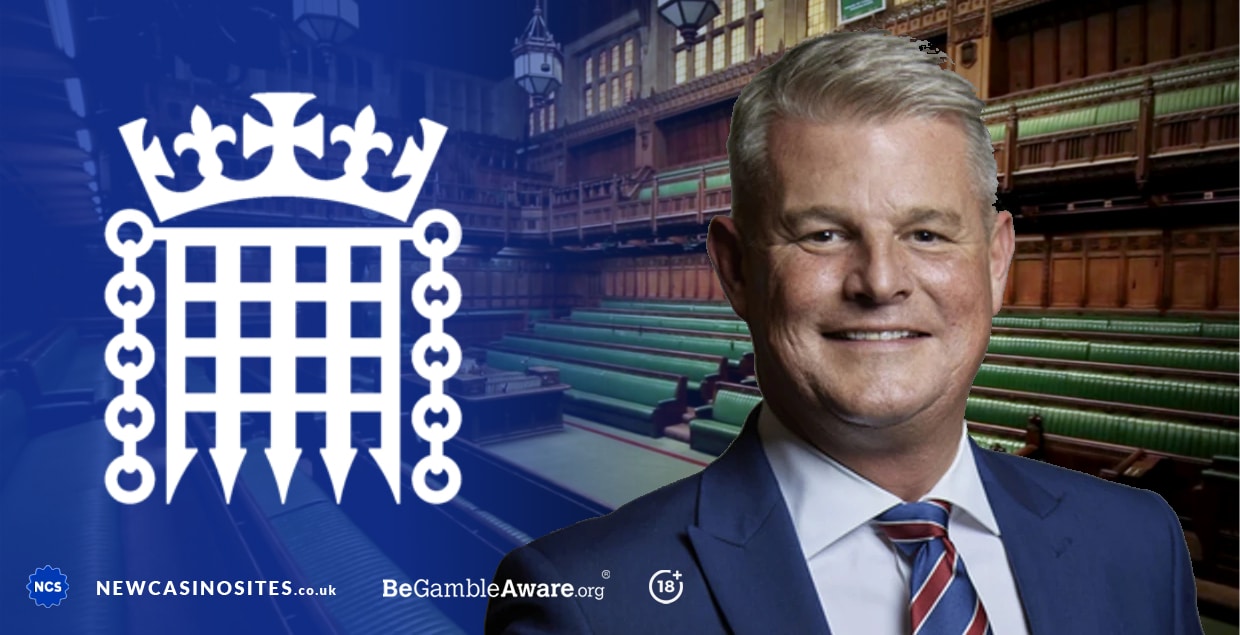 Following Prime Minister Rishi Sunak’s announcement of a 4 July general election last week, Stuart Andrew has resigned from his role as Member of Parliament.
Following Prime Minister Rishi Sunak’s announcement of a 4 July general election last week, Stuart Andrew has resigned from his role as Member of Parliament.
Andrew, who also held the position of Gambling Minister, confirmed his departure on X – the platform formerly known as Twitter. He noted that due to the dissolution of Parliament effective midnight, and the restructuring of his constituency, he would no longer serve as MP.
“As of midnight tonight, Parliament will dissolve and there will be no Members of Parliament until after the General Election. As the constituency of Pudsey, Horsforth and Aireborough will no longer exist at this point, I am no longer a Member of Parliament. All the very best for the future to all of my former constituents,” Andrew wrote.
Andrew was not just the Conservative MP for Pudsey but also held several key positions including Parliamentary Under Secretary of State for Sport, Gambling and Civil Society, and Minister for Equalities.
Impact on Gambling Act Review
Andrew’s resignation comes at a crucial time with the implementation of the Gambling Act review underway. Although he was the sixth minister to oversee the review, the absence of a dedicated gambling minister is unlikely to hinder the process.
The GB Gambling Commission and the Department for Culture, Media and Sport (DCMS) continue to push forward with key reforms. Notable among these is the pilot scheme for affordability checks, set to commence soon without impacting the customers adversely.
Upcoming Regulations and Policies
As of August 2024, the Gambling Commission plans to introduce ‘light-touch’ financial vulnerability checks with a full rollout by February 2025. New policies banning certain game features and enhancing age verification protocols are also expected to take effect by January 2025.
Meanwhile, DCMS has laid out additional land-based regulations including the lift on debit card bans for gaming machines and adjustments in gaming machine limits across casinos and arcades, all aimed at bolstering player protection while fostering economic growth.
